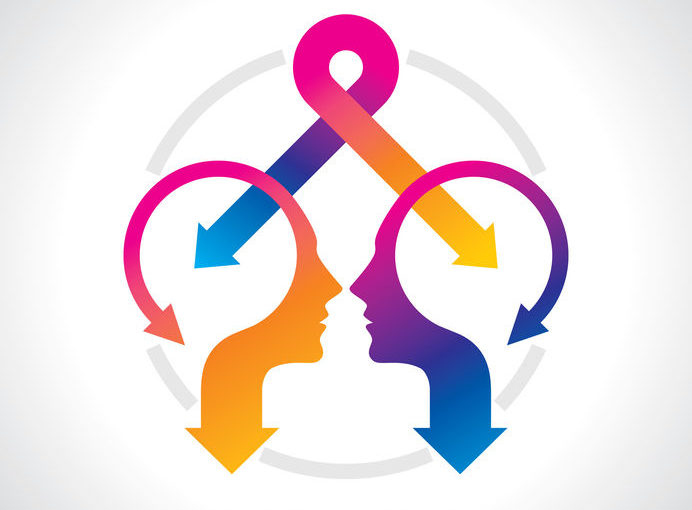
Do experts do better in life?
Consider two young professionals:
Which young professional is better poised to take on the future?
Despite what concerned tiger moms and many “choose your lane” academic advisors might lead you to believe, the answer is person 2.
In the new book, Range: Why Generalists Triumph in a Specialized World, author David Epstein cites his research of the world’s top performers, from professional athletes to Nobel laureates, to demonstrate why early specialization is the exception, not the rule, for long-term achievement.
In fact, these high performers often find their paths late; they juggle many interests, and explore a huge breadth of ideas before becoming a high performer. For example, Andrew Mason, the founder of Groupon, has a degree in music. Steve Jobs considered calligraphy to be one of his most fascinating classes.
Epstein argues that these high achievers don’t succeed despite their creative tangents, they succeed because of them.
I don’t know about you, but I had no idea what I wanted to do when I was 18. I didn’t even know when I was 28. Throughout my life, I’ve worked as a sales manager for a big company, I spent time on a remote farm in Australia, I’ve written a humor book, I’ve taken time off to parent, I bought a commercial sign company, and I was the president of my church.
None of these things would be considered “boxes to check” on the road to sales leadership author and business owner, but those experiences are why I am where I am. They contributed, in a million little ways, that I could not identify at the time, to becoming a better leader.
The need for a diverse skillset is also echoed in LinkedIn’s latest research around the most in-demand skills in the work place. Topping the list of soft skills are creativity, persuasion, collaboration, and adaptability.
The number one “hard skill” was Blockchain, which wasn’t even invented until 2009.
The Internet has a multitude of opinions around what the future of work will look like. But it’s important to remember that all of these positions are just that: opinions. No one knows for sure.
What we do know, however, is skills like creativity, critical thinking, and the ability to connect with others aren’t going anywhere.
Filling young people with anxiety around “picking a lane” is not productive. In fact, it’s debatably harmful.
According to Epstein “People who think broadly and embrace diverse experiences and perspectives will increasingly thrive.”
So, if your college freshman came home over the holidays and told you how much they love calligraphy or how interesting their philosophy class was, unclench the knot in your stomach and embrace the journey.